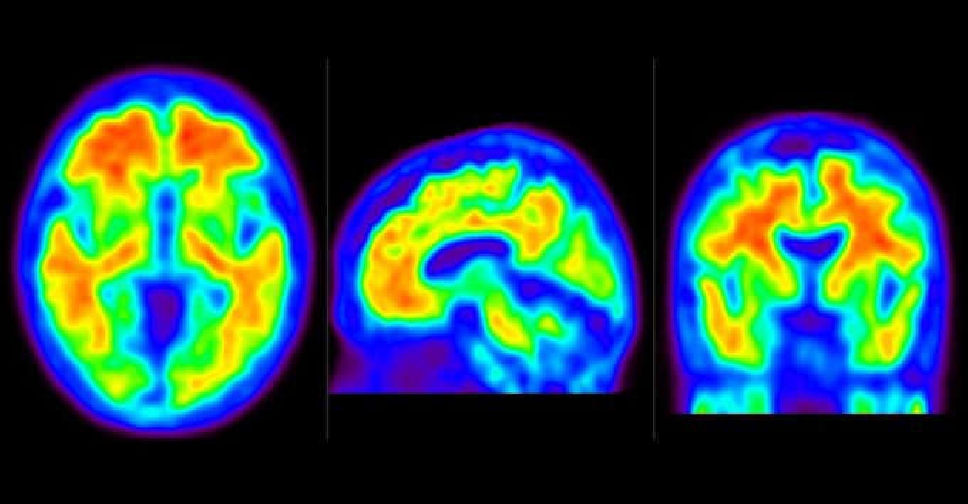
Experimental drug donanemab slowed the progression of Alzheimer's by 60 per cent for patients in the earliest stages of the brain-wasting disease, according to trial data presented at a medical meeting on Monday.
For those patients, the drug slowed cognitive decline by nearly twice the rate drugs company Lilly reported in May for the trial's overall treatment group.
The full analysis showed results were less robust for older, later-stage patients as well as those with higher levels of a protein called tau that has been linked to Alzheimer's disease progression.
The findings underscore that "earlier detection and diagnosis can really change the trajectory of this disease," said Anne White, president of neuroscience at Lilly.
The study showed that brain swelling, a known side effect of drugs like donanemab, occurred in more than 40 per cent of patients with a genetic predisposition to develop Alzheimer's.
The company had previously reported that 24 per cent of the overall donanemab treatment group had brain swelling. Brain bleeding occurred in 31 per cent of the donanemab group and about 14 per cent of the placebo group.
The deaths of three trial patients were linked to the treatment, researchers reported.
"These side effects should not be taken lightly," but most cases were manageable by monitoring with magnetic resonance imaging (MRI) or stopping the drug, said study investigator Dr. Liana Apostolova, professor in Alzheimer's Disease research at Indiana University School of Medicine.
Doctors are likely to use "very stringent MRI safety screening while we treat these patients," she said.
Donanemab is an intravenous antibody designed to remove deposits of a protein called beta amyloid from the brains of Alzheimer's patients.
Lilly said donanemab's treatment effect continued to increase relative to placebo over the course of the 18-month trial, even for participants who had been taken off the drug after their levels of amyloid deposits fell significantly.
Lilly said in May that the study had met all of its goals, showing that donanemab slowed cognitive decline by 29 per cent compared to a placebo in 1,182 people with mild cognitive impairment or mild dementia whose brains had deposits of two key Alzheimer's proteins, beta amyloid and tau.
For high tau patients, donanemab was shown to slow disease progression by about 17 per cent, while the benefit was 35 per cent for those with low-to-intermediate tau levels.
The full study results were presented at the Alzheimer's Association International Conference in Amsterdam and published in JAMA.



 15 Turkish-backed fighters killed by Kurdish forces in Syria
15 Turkish-backed fighters killed by Kurdish forces in Syria
 One dead, three injured in Lithuania cargo plane crash
One dead, three injured in Lithuania cargo plane crash
 One Lebanese soldier killed, 18 hurt in Israeli strike on army centre
One Lebanese soldier killed, 18 hurt in Israeli strike on army centre
 Netanyahu condemns settler violence on IDF in West Bank
Netanyahu condemns settler violence on IDF in West Bank
 Russian plane evacuated in Turkey as engine catches fire
Russian plane evacuated in Turkey as engine catches fire







